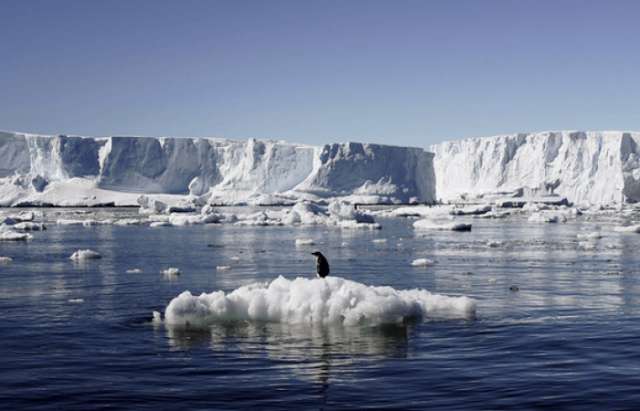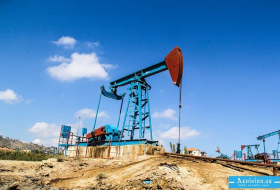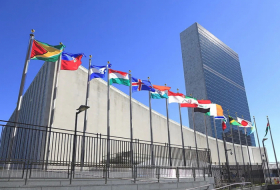Iselin Medhaug, who led the work at the Swiss Federal Institute of Technology in Zurich, said: “In the beginning there seemed to be some sort of discrepancy and some people concluded we can’t use these models for anything. That isn’t true.”
The analysis also aims to reconcile a series of seemingly contradictory findings on whether the so-called pause even took place. At times this has created the perception that scientists disagree on the basics of what the data show – let alone what is projected to happen in the future.
The new paper, which takes a retrospective look at data and model predictions covering the early 2000s, suggests that this has been largely a false controversy caused by competing research groups applying different criteria for what a “pause” constitutes – how much levelling off and for how long – to a variety of datasets.
“They’ve used different definitions and different time periods,” said Medhaug. “It sounds very controversial, but when you compare like with like it’s not as controversial as it might seem.”
None of the air surface temperature datasets shows a negative trend lasting more than five years, for instance, but the Met Office’s HadCRUT4 dataset, which combines air and sea surface temperatures, shows a negative trend for the 12 years following 2001. All the major datasets show 15-year periods starting after 1997 where warming was, at the very least, slower than the previous 60 years.
The paper, published in Nature, said that this short-term slowdown could be mostly accounted for by known climate phenomena.
These include the higher than average wind-speeds over the Pacific Ocean during the hiatus, which meant that although heat was still being deposited into the world’s largest ocean, this was not reflected in measurements taken at the surface.
“The heat is still there, it’s just stuck underneath,” said Medhaug.
Weaker solar radiation during the period may also have played a role and the cooling effect of small volcanic eruptions – which were particularly frequent during the early 2000s – had also been underestimated.
Prof Piers Forster, a climate scientist at the University of Leeds, described the paper as a “great comprehensive summary”, but said the question of whether long-term projections had changed remained open. “There is other work that shows the cool east Pacific that occurred during the hiatus reduced the climate sensitivity and this might affect longer-term trends,” he said.
Unusually for a scientific paper, the authors delve into the social and political drivers of a controversy that continues to linger, despite 2015 and 2016 being the two warmest years on record.
“In a time coinciding with high-level political negotiations on preventing climate change, sceptical media and politicians were using the apparent lack of warming to downplay the importance of climate change,” the paper states. “But a few years of additional data are unlikely to overturn the vast body of evidence that supports anthropogenic climate change.”
Forster argues that scientists may also have set themselves up for a fall. “In the early 2000s some scientists were talking about accelerating global warming and either for simplicity, or forgetting to, we did not mention that share prices can go down as well as up,” he said. He added that he was worried by the fanfare around the release of annual global temperature figures by the Met Office and others, which may have shifted attention onto the short-term trend.
Michael Mann, a climate scientist at Penn State University, said that the latest paper would contain few “bombshells” for those working in the field.
“Models and observations are consistent in terms of long-term warming, and that this warming – and recent extreme warmth – can only be explained by anthropogenic activity, namely the burning of fossil fuels,” he said. “The fact that there is substantial internal variability that can mask this warming on decadal and multi-decadal timescales is also something established by us in previous work.”
/Guardian/
More about: #GlobalWarming
















































